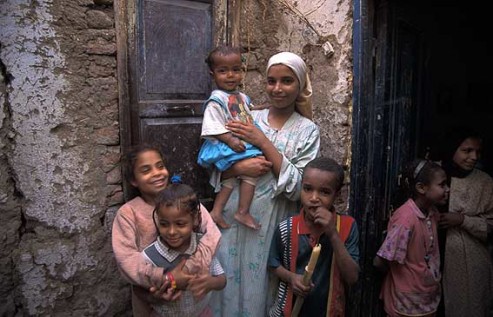Controversial Nubian author, Idris Ali, dies aged 70
Ali reportedly died of a massive heart attack.
Ali’s work—novels like Poor, The Excluded, and Dongola—largely drew on his childhood experiences among upper Egypt’s Nubian population. His work was not stylistically tight, but expressed a sometimes beautiful fury about the lives of the marginalized.
His most recent book, The Leader Is Getting His Hair Cut, took its inspiration from the years its author spent in Libya, 1976 to 1980.
According to the Arabic Network for Human Rights Information (ANHRI), it was early this year when “Egyptian state security stormed the publishing house Waad, arrested the director, Jumaili Ahmed Shehata, confiscated all the copies of the novel [The Leader is Getting His Hair Cut] and escorted him [Shehata] to Shubra prosecution office.”
It was ANHRI’s opinion that the banning of Ali’s book and arrest of his publisher were a “courtesy” to Moammar Ghaddafi prior to a state visit to Libya by Egyptian president Hosni Mubarak. The book had been published four months previous to its seizure and banning.
Ali had a great number of ups and downs in his life, which he wrote about in his memoir, Below the Poverty Line. Born in 1940 in Aswan, Ali attended the religious institute of Al Azhar and was self-taught in literature. He published his first story in 1969. Unable to make a living as an author, he worked in a construction company to supplement his income.
Although he won the Best Egyptian Novel prize in 1999 for The Explosion of the Skull, which led to better financial conditions, Al Ahram Online and Al Akhbar note that the author made several suicide attempts, particularly after the loss of his son.
More about Idris Ali:
A review of the English translation of Poor, from The Complete Review.
Idris Ali’s GoodReads pages in English and in Arabic.
Obituaries from Dar al Hayat and Al Akhbar. (Arabic)
Al Ahram has more about Nubian art and literature in “Remembering Nubia,” wherein Osama Kamal explores Nubia through the latest show by artist Farid Fadel
M. Lynx Qualey is a writer and passionate reader based in Cairo, Egypt and is the author of Arabic Literature (in English), the go-to blog for non-Arabic readers wanting a deeper understanding of Arabic literature.




You must be logged in to post a comment Login